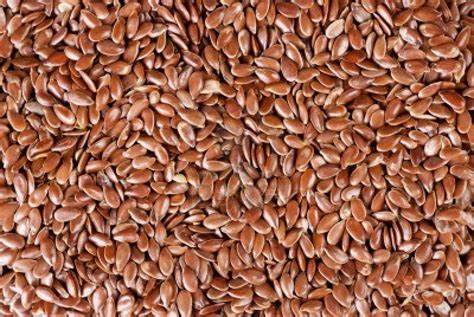
Harnessing the Power of Flaxseed: A Nutritional Powerhouse
In the realm of nutrition, flaxseed has emerged as a celebrated superstar. Praised for its impressive array of health benefits, this tiny seed packs a powerful punch when it comes to enhancing well-being and promoting longevity. Let’s delve into what makes flaxseed such a potent addition to our diets.
Nutritional Profile
Flaxseed, scientifically known as Linum usitatissimum, has been cultivated for thousands of years and prized for its versatility. Its nutritional composition is particularly noteworthy: flaxseed is rich in omega-3 fatty acids, lignans, fiber, and various essential vitamins and minerals. A single tablespoon of ground flaxseed contains approximately 1.8 grams of plant-based omega-3 fatty acids, making it a valuable source for vegetarians and vegans who may lack these nutrients typically found in fish.
Health Benefits
- Heart Health: The omega-3 fatty acids in flaxseed are linked to a reduced risk of cardiovascular disease. These healthy fats help lower blood pressure, reduce LDL (bad) cholesterol levels, and promote overall heart health.
- Digestive Health: Flaxseed is packed with dietary fiber, both soluble and insoluble. This fiber aids in digestion and promotes regular bowel movements, potentially reducing the risk of constipation and other digestive issues.
- Cancer Prevention: Lignans, which are phytochemicals found in flaxseed, have antioxidant properties that may help protect against certain types of cancer, including breast, prostate, and colon cancer.
- Weight Management: The fiber and healthy fats in flaxseed contribute to a feeling of fullness, which can aid in weight management by reducing appetite and preventing overeating.
- Skin and Hair Health: The omega-3 fatty acids in flaxseed contribute to healthy skin and hair, reducing dryness and inflammation. Some studies suggest that flaxseed oil may alleviate symptoms of eczema and other skin conditions.
How to Incorporate Flaxseed into Your Diet
Flaxseed is incredibly versatile and can be easily incorporated into various dishes:
- Ground Flaxseed: Sprinkle ground flaxseed over cereal, yogurt, or salads. You can also add it to smoothies and baked goods like muffins and bread.
- Flaxseed Oil: Use flaxseed oil as a dressing for salads or drizzle it over cooked vegetables.
- Whole Flaxseeds: Add whole flaxseeds to bread doughs or homemade granola for an extra crunch and nutritional boost.
Precautions and Considerations
While flaxseed is generally safe for most people when consumed in moderation, there are a few considerations:
- Digestive Issues: Some individuals may experience digestive discomfort such as bloating or gas when first introducing flaxseed into their diet. Start with small amounts and gradually increase intake.
- Interaction with Medications: Flaxseed may interact with certain medications, particularly blood thinners and hormone treatments. Consult with a healthcare provider if you have concerns.
Conclusion
Flaxseed stands out as a nutritional powerhouse, offering a myriad of health benefits ranging from heart health to cancer prevention. Its rich composition of omega-3 fatty acids, fiber, and antioxidants makes it a valuable addition to any diet. Whether ground, whole, or in oil form, incorporating flaxseed into your meals can enhance both the flavor and nutritional content of your food, contributing to a healthier and more vibrant life.

Leave a Reply